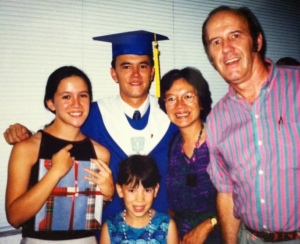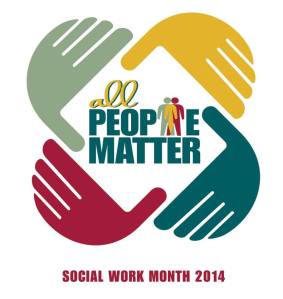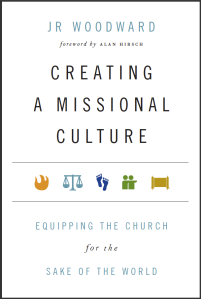Being a Third Culture Kid has its pros and cons.
Pros: global travel, cross-cultural exposure, international awareness, and geographic adaptability.
Cons: answering questions about where you’re from and determining where on the planet you belong.

Manila streets, c. 1999
Indeed, TCK life is a mixed bag full of goodies.
I remember first hearing “Third Culture Kid” terminology when I was about 15 years old. Although it was helpful to know someone invented a label for people like me, it initially sounded like a fancy way of saying “missionary kid,” which I had already known I was since age six. Plus there was another small problem with the TCK acronym, namely that pesky T for “third.” You see, the textbook TCK must grapple with three cultures: where you live, where your passport is from, and the nebulous region suspended between the first two. Identifying as a TCK seems to work better if your life is contained between two countries.
But what if you attend a boarding school in Manila, Philippines nine months out of the year, you spend your school breaks in Kathmandu, Nepal where your family lives (the place where you completed grades seven through nine), your passport says you’re an American citizen, and you still have vivid memories of DR Congo, where you finished grades two through four, back when it was still called Zaire before the First Congo War?
What does that make me? A Fifth Culture Kid? Do you want fries with that?
And what if I include attending first grade in French at l’école Notre-Dame-du-Sourire in Jonquière, Québec? Or the fact that I am the product of an interracial marriage between a white American man from California and a Chinese American woman from Hawaii? Or what about splitting my sixth grade year between Hawaii and Kentucky, which surely earns me some points on the cross-cultural scorecard, right? Do I get to be called a Seventh or Eighth Culture Kid? More accolades, please!
I always felt like the new kid in school, probably because I was.
While I don’t remember all the words, I’ll never forget how it felt when some of my high school classmates talked about things they did together in elementary school. It would begin with, “Remember when we were in fourth grade?” or “Remember so and so?” (in reference to a classmate/teacher/school incident). At this point in the conversation, it became clear I could not participate in reminiscing about what Southeast Asia was like in the fourth grade because lo and behold, I was in off in Central Africa at the time, wherever that is. Thus I would answer the question internally without speaking a word. No, I don’t remember that story. Because I wasn’t here. Because I’m the new kid. Again.
Third Culture Kids feel “alienation in every cell of their body,” writes Megan Hustad in her memoir, More Than Conquerors. “My people never found groups we wanted to remain in… We had a knack for sullen independence. This sullen independence got us to the margins, and we felt most alive there. Wherever we belonged, we wanted out.”

High school graduation day, 1999.
Like Hustad and many other TCKs, I’ve struggled to find social and spiritual belonging at various points along my journey. By the time I graduated from high school, I had attended seven different schools on three continents including most combinations of public/private, large/small, religious/secular, domestic/international, homeschool/boarding school one could imagine. My school friends have included Hindus, Muslims, Buddhists and atheists from Montreal to the Maldives. Since finishing high school at Faith Academy 15 years ago, I have attended a private Christian college, a public community college, a public graduate school and a private seminary—each with its own campus culture.
I’m still the new kid. Sometimes I desperately want in. Other times, I’m ready to fly away.
They say that going to school is about getting an education, developing life skills and cultivating a love for learning. Perhaps so. I’ve always enjoyed school, apparently so much that I’ve been enrolled somewhere 10 out of 15 years since my high school graduation day. Yet I wonder if my pathway in and out of so many schools has more to do with what school is really about for most kids: fitting in and finding your place to belong.
To declare, “My home is in Christ, and with Christ” is both the easiest and most difficult thing for a missionary kid to say. It’s easy because our parents taught us all the right answers. It’s difficult because we know how elusive belonging can be.
Almost as hard as telling you where I’m from.
What about you? What alienates you? Where do you find belonging?







